Android emulator on Mac M1 You’re now watching this thread and will receive emails when there’s activity. Click again to stop watching or visit your profile/homepage to manage your watched threads. MacBooks with M1 can run Android apps with this software: What you need to know. If you're in need of running Android apps on a significantly bigger screen, the latest update from mobile gaming.
- Android Simulator M1
- Macbook Air M1 Android Emulator Free
- Android Studio Apple M1 Emulator
- Macbook Air M1 Android Emulator Windows 10
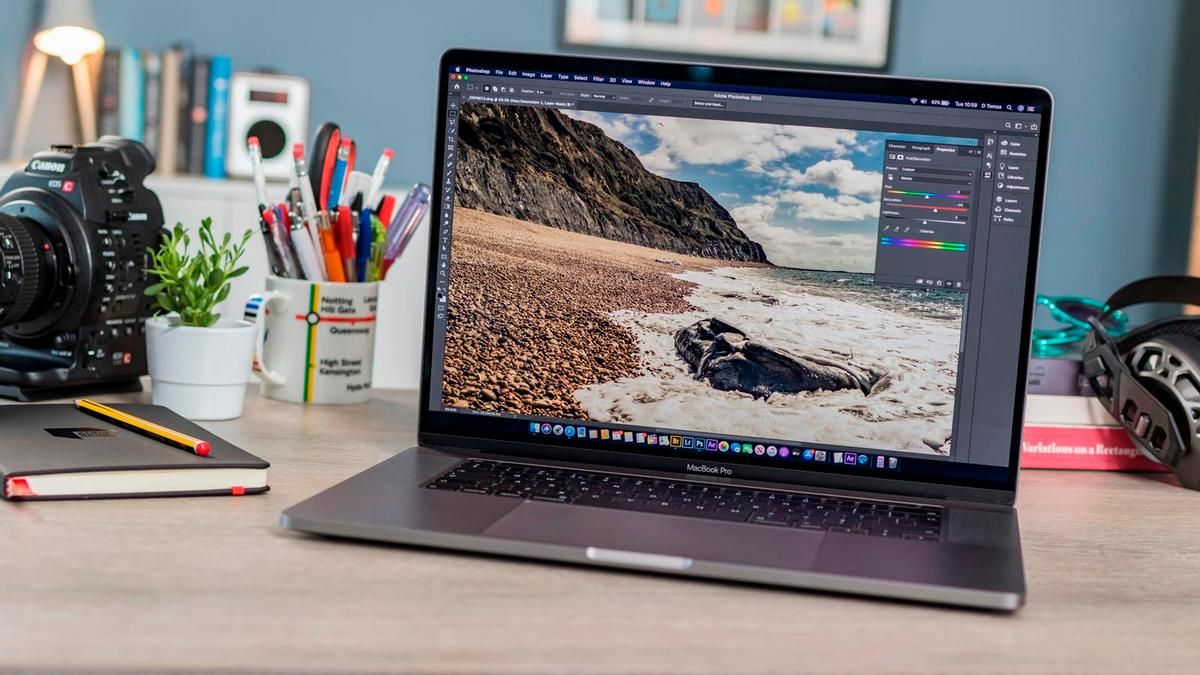
Nox works seamlessly on mac based machines including iMac and macbooks. Android is an highly customizable OS and supports hundreds and thousands of games and apps and this is why it is loved by even apple lovers. If you are a mac user but want to play android games on your mac then Nox is absolutely for you. Nox for mac is free to download and you would be able to play high end android games easily on your mac.
Nox app player allows you to emulate the android experience right on your mac computer. Mac OS is not very popular for high end games and therefore you can install Nox on your Mac and enjoy high end android games without any lag.
Game controllers support
Nox supports third party controller devices including joysticks to provide amazing gaming experience.
Free
Nox for mac OS is free to download and use and will always be.
Android Gaming Experience
Play high end android games and Mac with Nox.
Regular Updates
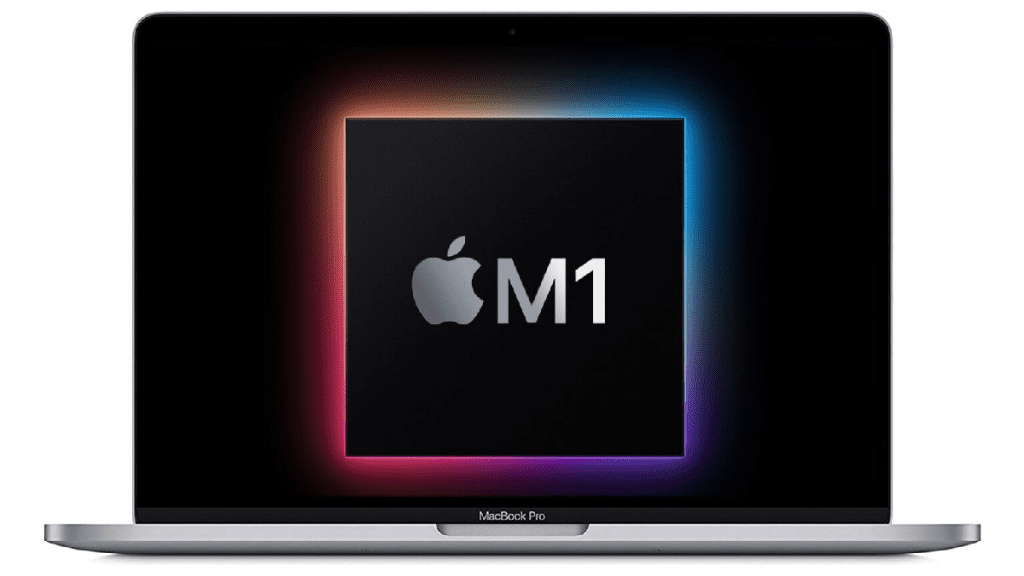
Nox for mac is regularly updated for bug fixes and enhancing security.
Direct Download Support
Most of the popular apps are available for direct download from inside the dashboard.
Reliable Emulator
Nox is a reliable emulator for mac os and bugs are fixed regularly to minimize crashes.
I’ve never been a Mac guy.
My main gripe with Apple is that every Mac they release has a processor that’s about a generation behind. Then they have the audacity to charge the Apple tax. You typically pay 3x for a Mac what you’d pay for a PC with the exact same hardware.
Enter the M1 Mac Mini, Macbook Air, and Macbook Pro. These are entry-level Mac products that price/performance wise are actually semi-competitive with Windows machines at the same price-point. OK Apple, I’m listening.
But, can it run XCode quickly?
The M1 Chip is Very Powerful, Perfect For Developers Looking to Run XCode
I’m a software engineer, and in 2018 I wanted to try my hand at XCode development. I figured I’d buy the cheapest Mac Apple offered. This was the 2018 Mac Mini, which cost $800, and a multi-core GeekBench 5 score of 3203.
I was annoyed by that price/performance ratio, so I decided to build a Hackintosh. This Hackintosh had 16GB of RAM, a 512GB SSD, and an Intel Core i7 processor with a multi-core GeekBench 5 score of 5300. I built a machine that was twice as powerful as the top of the line 2018 Mac Mini, for $200 less than the base model. This machine is powerful; it has been fantastic for XCode development.
However, in 2020, Apple released a new M1 Mac Mini for only $700. My first thought was, “Can it compete with my Hackintosh.” And yes, not only can it compete, The M1 Mac Mini has a multi-core GeekBench 5 score of 7386. It blows my Hackintosh out of the water, and the base model is cost-competitive with my 2018 Hackintosh at only $700.
It’s quite impressive. The Hackintosh is officially dead (not just because you can’t buy Apple Silicon processors). I can no longer think of a great reason to build one over the M1 Mac Mini, or M1 Macbook Air. The best reason I can think of is Apple still gouges you if you want a 2TB hard drive. But, other than needing a beast of a machine the M1 Macs have the advantage. Bravo Apple.
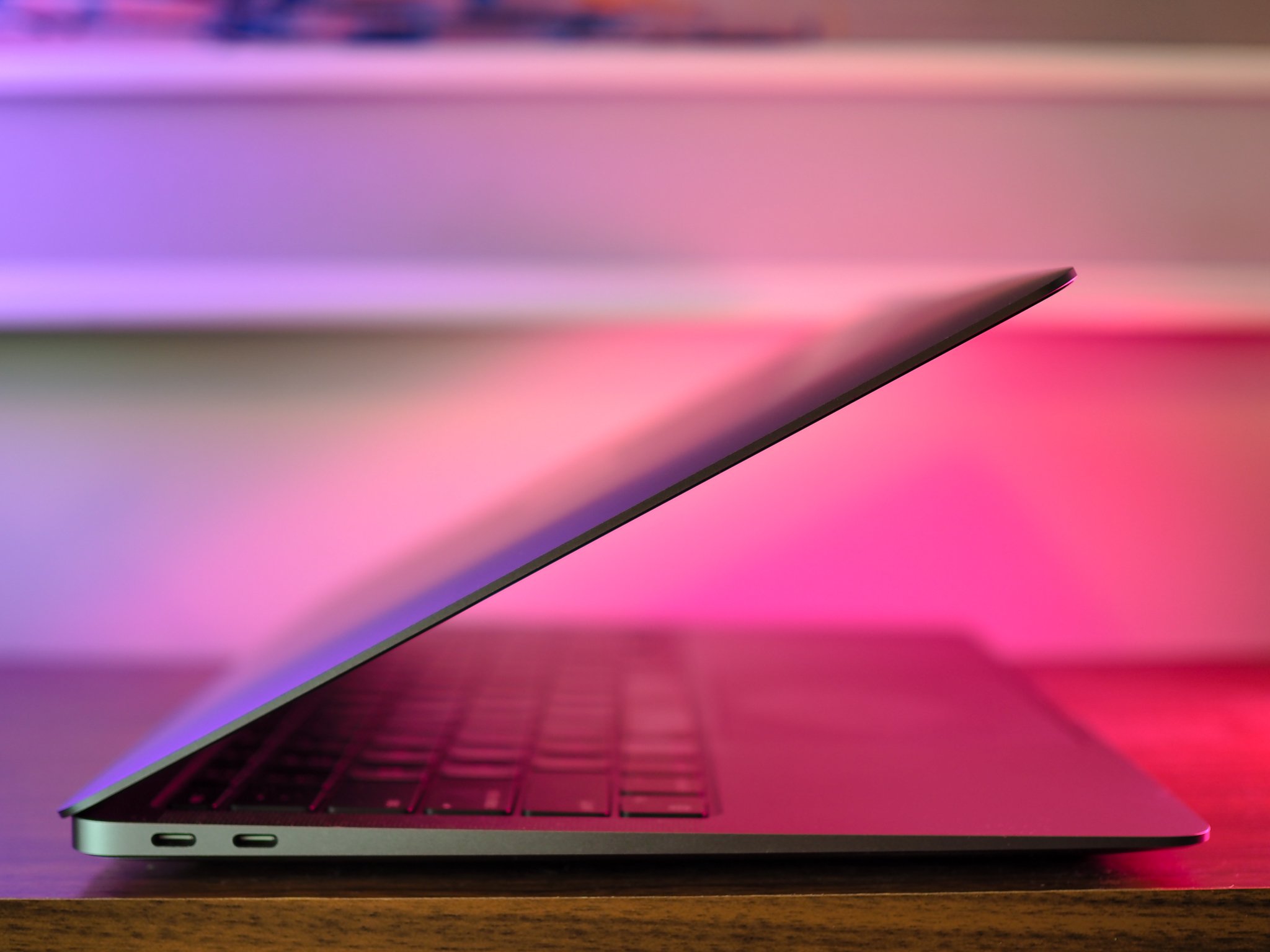
Is 8GB of RAM Enough For XCode on the M1 Mac Mini, Macbook Air, and Macbook Pro?
This was the big question I had when I pulled the trigger and got the base M1 2020 Macbook Air. Was 8GB enough RAM to run the simulator without experiencing significant performance issues?
I know from my Hackintosh experience that a Mac can quickly get up over 8GB of RAM when running the XCode simulators. I rarely get my Mac up to 16GB of used RAM, but 8GB is pretty easy to surpass if you’re a developer with multiple tabs open. So I was very curious how much the 8GB model would slow down development.
If you’re curious too, I highly suggest you check out the YouTube video below from Max Tech. This guy went through and meticulously compared the performance of the 16GB model vs. the 8GB model while using tons of common apps.
The conclusion? Even if you edge up close to your 8GB of RAM limit, there’s not a massive drop in performance. He was experiencing things taking 10% longer on the 8GB model when he got around that limit. The integrated SSD’s of your Mac is fast to the point where a minor amount of swapping isn’t going to have a drastic effect on performance.
That said, this next guy is running Photoshop. He REALLY knows how to max out RAM on his machine. When you really give your Mac a task that takes significantly more than 8GB of RAM, you’ll notice a pretty substantial performance drop. It’s also worth a watch if you really want an in-depth example of this.
Personally, I’ll be forking over the extra $200 to get the 16GB model. But, I think unless you’re some type of power user, 8GB will be sufficient for you. The SSD Read speeds are so fast that you won’t notice a big performance drop unless you’re going WAY over the 8GB of RAM like in the Photoshop example above. There are probably very few use cases where that would ever happen.
There are people out there who are worried that swapping to your hard drive over and over could wear down your SSD. And if you intend to max out this machine 24/7 and still be running it in several years, I think that’s a valid concern.
For most developers and most people, I think you could easily get by with the 8GB model.
Do You Need To Run The XCode Simulator on the M1?
One of the cool things about the M1 Macs is that they can run iOS apps natively. This got me thinking, do I even need to debug my apps in the RAM hungry simulator anymore? Can I just run them straight from the Mac?… Yes!
There is a “run on Mac” destination for iOS apps in XCode, which will run the app natively on the machine, not in a simulator. It’s cool; you’ll lose simulator functionality like rotation, sleep, home button, etc. But, it’s now possible to avoid using a RAM hungry simulator when developing your apps on M1 devices.
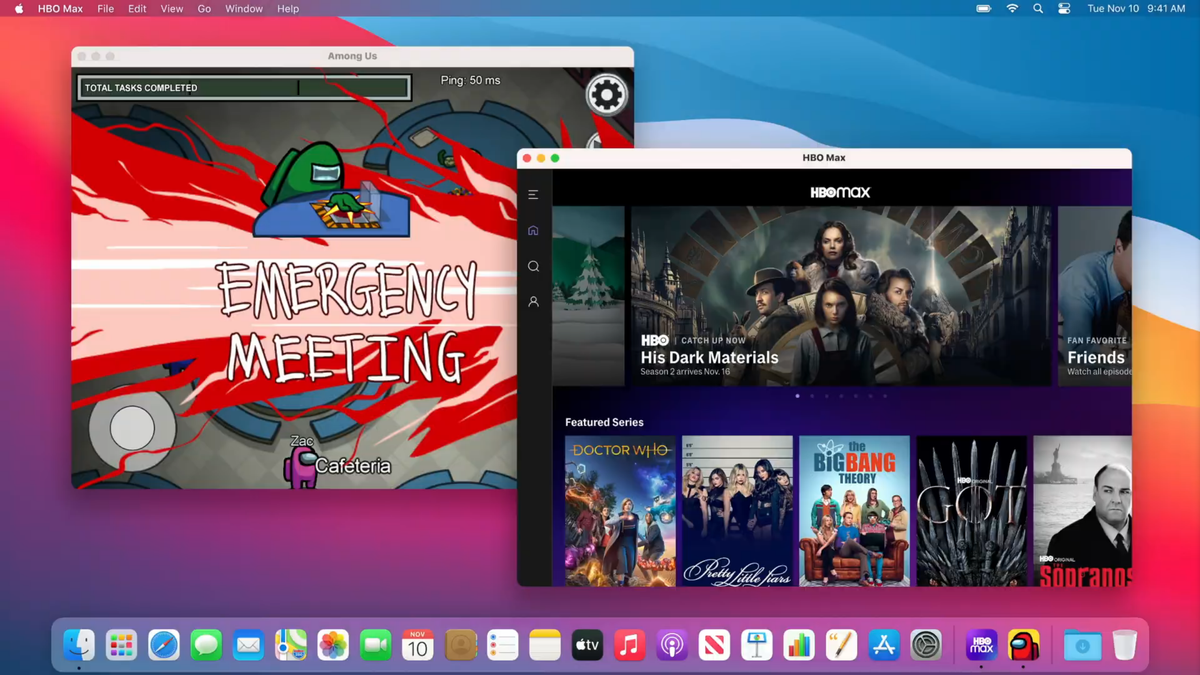
Rosetta 2 Performance Vs. Native Apps
Not all software has an ARM based version of their app yet (like Final Cut Plugins) and you have to run it through the Rosetta 2 simulator.
Android Simulator M1
This usually works rather well. But, there’s definitely a noticeable drop off in performance when comparing non-native apps to native apps on this machine.
Macbook Air M1 Android Emulator Free
This will become less of an issue over time as more companies compile their apps for the M1 chip. But, in the early days of a gen 1 product just keep in mind that there may be some issues.
Android Studio Apple M1 Emulator
Conclusion
Macbook Air M1 Android Emulator Windows 10
The M1 Macs are powerful machines capable of XCode development at an OK price point. Well done Apple, I might have to consider becoming a Mac guy now.